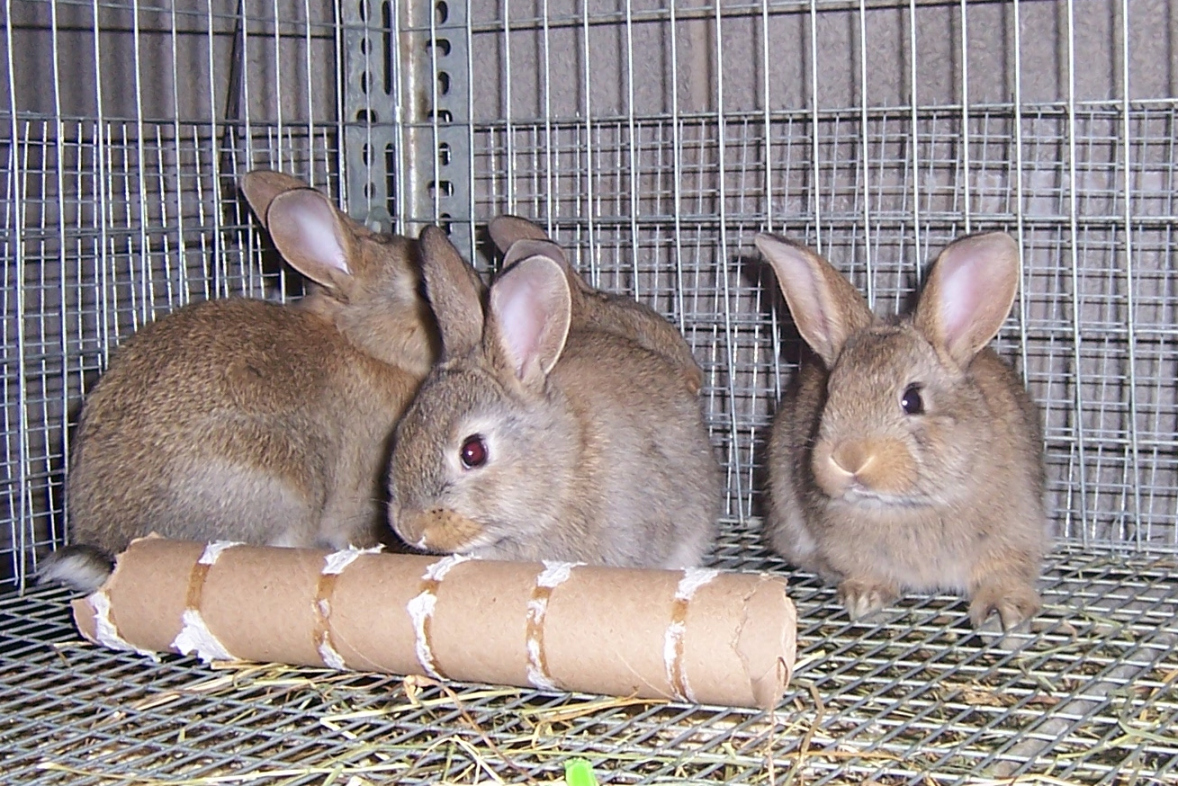When Are Rabbits Weaned?
Rabbits, like many other mammals, go through a process called weaning. Weaning is the transition period during which young animals transition from their mother’s milk to solid food. This is an important milestone in a rabbit’s life, as it marks the beginning of their independence and the development of their digestive system. Understanding when rabbits are weaned is crucial for their overall health and well-being.

What is Weaning?
Weaning is the process of gradually introducing solid food to a rabbit’s diet while reducing its dependency on its mother’s milk. It is a natural and necessary step in their growth and development. During weaning, the rabbit’s digestive system adapts to processing solid food, and they start developing the necessary enzymes and gut flora to digest it effectively.
When Does Weaning Start?
Weaning typically begins when a rabbit is around four to five weeks old. At this age, they are still highly dependent on their mother’s milk, but they start showing interest in exploring their surroundings and nibbling on solid foods. It is important to note that weaning should be a gradual process to ensure the rabbit’s digestive system can adjust properly.
The Weaning Process
The weaning process usually lasts for about two to three weeks. During this time, the mother rabbit will naturally start spending less time with her young ones and discourage them from nursing. It is crucial to monitor the young rabbits during this period to ensure they are transitioning to solid food smoothly.
Steps to Wean Rabbits
- Introduce solid food: Begin by offering small amounts of fresh hay and high-quality pellets to the young rabbits. These foods should be available at all times.
- Gradually decrease milk intake: As the rabbits start consuming more solid food, the mother’s milk intake should gradually decrease. This can be achieved by separating the mother from her young ones during certain periods of the day.
- Monitor growth and behavior: Keep a close eye on the rabbits’ growth and behavior during the weaning process. They should continue to gain weight and show interest in exploring and eating solid foods.
- Complete weaning: By the end of the weaning process, the young rabbits should be fully transitioned to a diet of hay, pellets, and fresh vegetables. They should no longer rely on their mother’s milk for sustenance.
Importance of Proper Weaning
Proper weaning is crucial for a rabbit’s health and development. It allows their digestive system to adapt to solid food gradually and prevents digestive issues such as diarrhea or bloating. Additionally, weaning helps establish independence in young rabbits and prepares them for a life without their mother.
FAQs
1. How do I know if my rabbits are ready to be weaned?
Young rabbits are usually ready to be weaned when they are around four to five weeks old. Signs that they are ready include showing interest in solid foods, exploring their environment, and gaining weight steadily. It’s important to consult with a veterinarian to ensure the rabbits are ready for the weaning process.
2. What should I feed the young rabbits during the weaning process?
During weaning, the young rabbits should have access to fresh hay, high-quality pellets, and fresh vegetables. These foods provide the necessary nutrients for their growth and development. It’s important to introduce new foods gradually and monitor their response to prevent any digestive issues.
3. Can I wean rabbits earlier than four weeks?
It is generally not recommended to wean rabbits earlier than four weeks old. At this age, their digestive system is not fully developed, and they still rely on their mother’s milk for essential nutrients. Weaning too early can lead to health issues and stunted growth.
4. Can I separate the mother from her young ones during the weaning process?
Gradually separating the mother from her young ones during the weaning process is a common practice. This allows the young rabbits to become more independent and reliant on solid food. However, it’s important to ensure that the young rabbits are eating enough solid food and are not stressed by the separation. Monitoring their growth and behavior during this period is crucial.
Related Articles…
Copyright Notice:
All images featured on this site are sourced from the internet, copyrights belong to respective owners. Should you own any image and require it to be removed, please contact us.